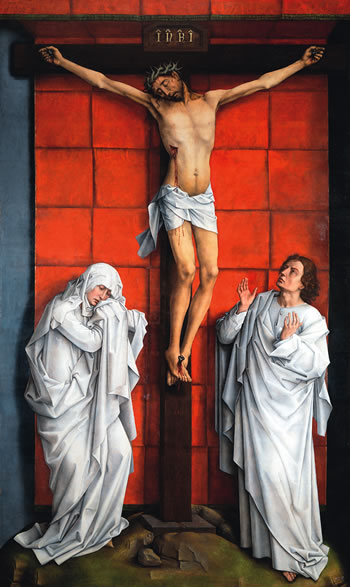Mary – Indeed, a true Mother to us

Fr Tony King sm
At the Last Supper, before leaving to go to the garden and to his passion, Jesus prayed a long prayer to his Father. He says, ‘I have glorified you on earth by finishing the work you gave me to do’ (John 17). ‘Finished the work’?? Seems strange, does it not?
A little earlier, he had identified himself as the grain of wheat which must die to bear much fruit; that was still ahead of him!
However, because events had reached such a climax, Jesus knew that, apart from his final self-offering on the cross, nothing remained for him to do. So, ‘I have finished the work …’
Does the Gospel of John have anything to tell us about Jesus being actually, totally finished? Yes! Jesus, on the cross, speaks some words, some revelatory words, and then: ‘Jesus knew that everything had now been completed.’
The words he spoke were the words to his Mother and to the beloved disciple: ‘Seeing his mother and the disciple whom he loved … Jesus said to his mother: ‘Woman, this is your son.’ Then to the disciple, ‘This is your mother’ ’ (John 19:25-27).

Crucifixion with the Virgin and St John, Rogier van der Weyden, c. 1460
Jesus’ words were much more than a request or invitation for mutual caring. His words were words of revelation, revealing something of great significance in God’s loving plan.
In St John’s Gospel we have at times a particular type of expression, a ‘formula of revelation.’ For example, John the Baptist, when he saw Jesus coming towards him at the Jordan, declared, ‘Look! Here is the Lamb of God who takes away the sins of the world.’
Now on the cross, Jesus sees his mother and his disciple and says:
‘Woman, this is your son.
This is your mother.’
His words are a declaration, a revealing of reality, an insight into God’s saving plan.
It is through Jesus’ self-offering on the cross that ‘eternal life’ is given to us. And Mary, through her life-long, intimate association with her son, is linked with him in the bestowal of that life.
When focussing on Mary in its Constitution on the Church, Vatican Council II refers to her as ‘our mother in the order of grace.’
‘In an utterly singular way she co-operated … in the Saviour’s work of restoring supernatural life to souls. For this reason, she is a mother to us in the order of grace.
‘This maternity of Mary in the order of grace began with the consent which she gave in faith at the Annunciation and which she sustained, without wavering, beneath the cross. This maternity will last without interruption until the eternal fulfilment of all the elect.’ (n. 61,62)
The ‘order of grace’ and ‘supernatural life’ refer to the divine gift by which we become true children of God (see 1 John 3:1, 2).
A very ancient and enduring interpretation of the significance of the beloved disciple has recognised him as representative of the Christian, of the one who receives life through faith in Christ. When we look again at that great prayer of Jesus at the Last Supper, we notice that he prayed not only for his disciples there, but also ‘for all those who, through their teaching, come to believe in me.’
He also prayed that through their unity, the world would recognise that ‘I have loved them as much as you loved me.’
No wonder that the beloved disciple came to be seen as representative of the Christian, of you and me!
In his apostolic exhortation on devotion to Mary, Pope Paul VI expressed something of the wonder of God’s loving plan and his gifting of us with Mary as mother:
Devotion to the Blessed Virgin finds its ultimate justification in the unfathomable and free will of God, who, being eternal and divine charity, accomplishes all things according to a loving design. He loved her and did great things for her. He loved her for his own sake, and he loved her for our sake too; he gave her to himself and he gave her also to us. Marialis Cultus # 56.
 Entries(RSS)
Entries(RSS)